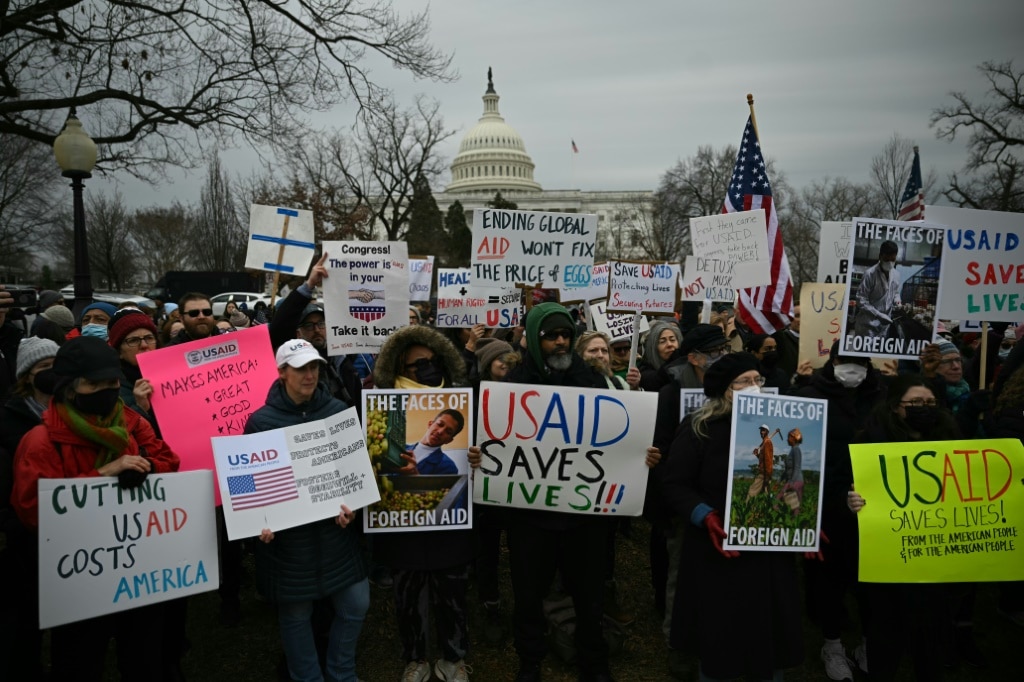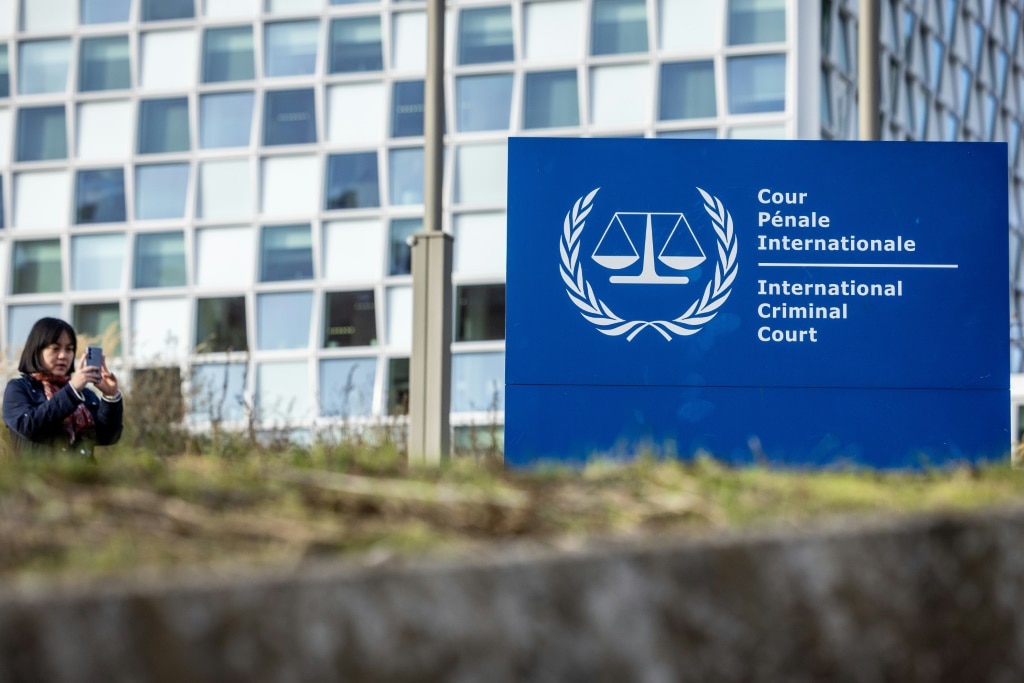EU leaders plead with Orban to back Russian oil ban
Hungary's Orban warns 'no compromise' yet on EU Russia oil ban

EU leaders were hoping Monday to persuade Prime Minister Viktor Orban to back a watered-down oil embargo against Russia after a month of haggling over a blocked sanctions package.
But the Hungarian leader, who has demanded an exemption from the ban and guarantees for his country's energy supply, warned on arrival at the EU summit that no compromise had yet been reached.
"For Hungary this is a good solution, it means that an atomic bomb won't be thrown on the Hungarian economy," he said. But he warned that this would not be enough to guarantee supply.
"If Russian oil does not arrive by pipeline, then we would have the right to receive oil by sea, and have it arrive from elsewhere, that is the guarantee that we need."
-- 'Exceptions' being negotiated --
French President Emmanuel Macron cautiously told reporters that a long-sought-after deal was "getting closer", but others doubted that.
"Of course, we're going to have discussions, but everybody needs to be on board," she said, adding that she did not expect a solution before a summit in late June.
A senior EU diplomat described the failure as the "elephant in the room", especially given that Ukrainian President Volodymyr Zelensky was also slated to address the leaders by video link.
- 'Orban's antics' -
Diplomats said a two-year delay to the embargo has been granted to the countries concerned, but that Budapest wants at least four years and nearly 800 million euros ($860 million) in EU funding to adapt its refineries.
The latest compromise solution would exclude the Druzhba pipeline from the embargo and only impose sanctions on oil shipped to the EU by tanker vessel, which counts for two-thirds of Russian oil imports.
"Some temporary exceptions have been granted to ensure security of supply for certain member states."
Also complicating the stand-off is Hungary's share of the EU's 800-billion-euro recovery fund, which Brussels has yet to approve due to disagreements over Budapest's respect for the rule of law and human rights.
The question of how we answer Russia is always "emotional" for certain member states and will be "one of the most sensitive issues" at the summit, the diplomat added.
...


